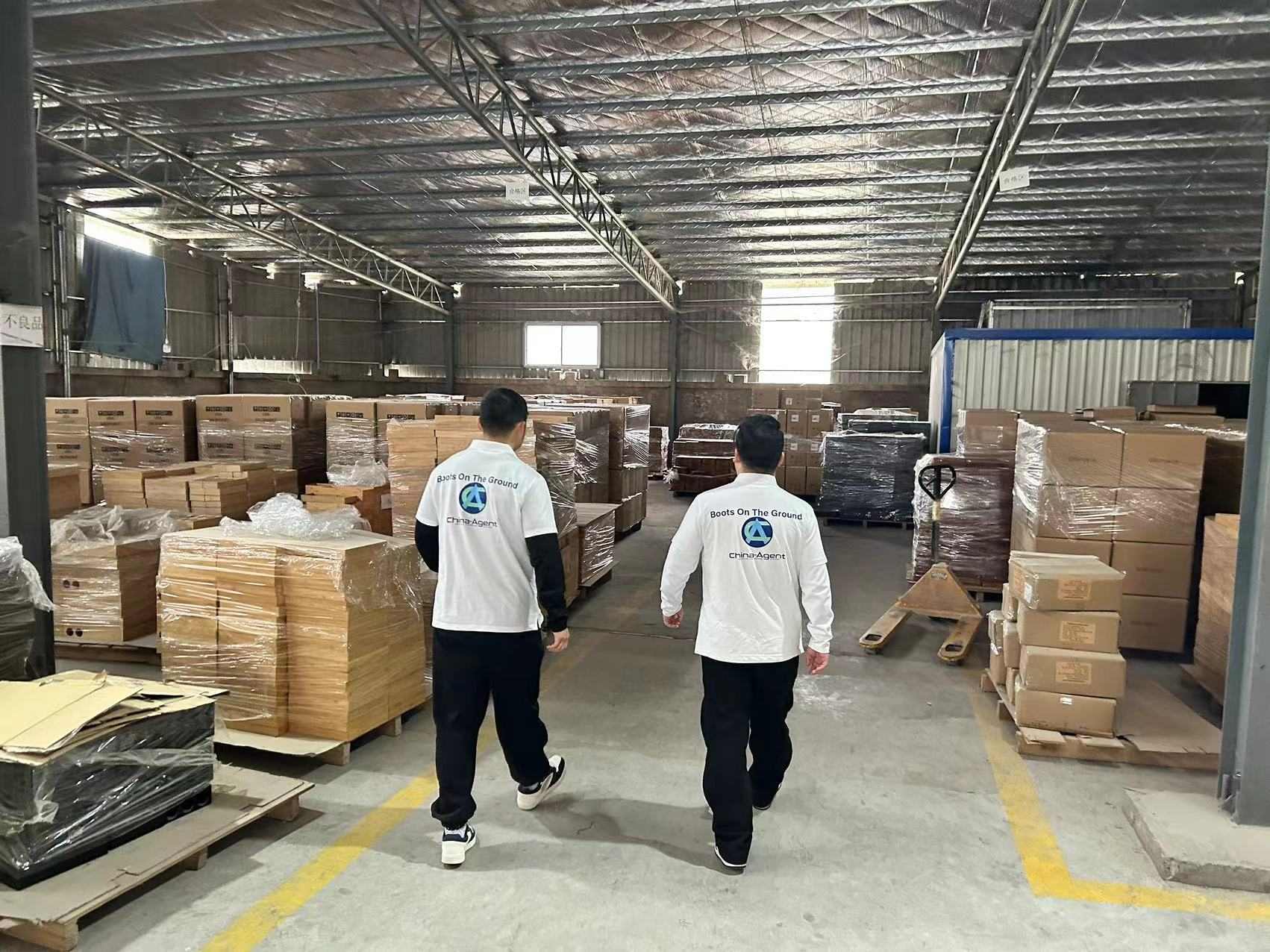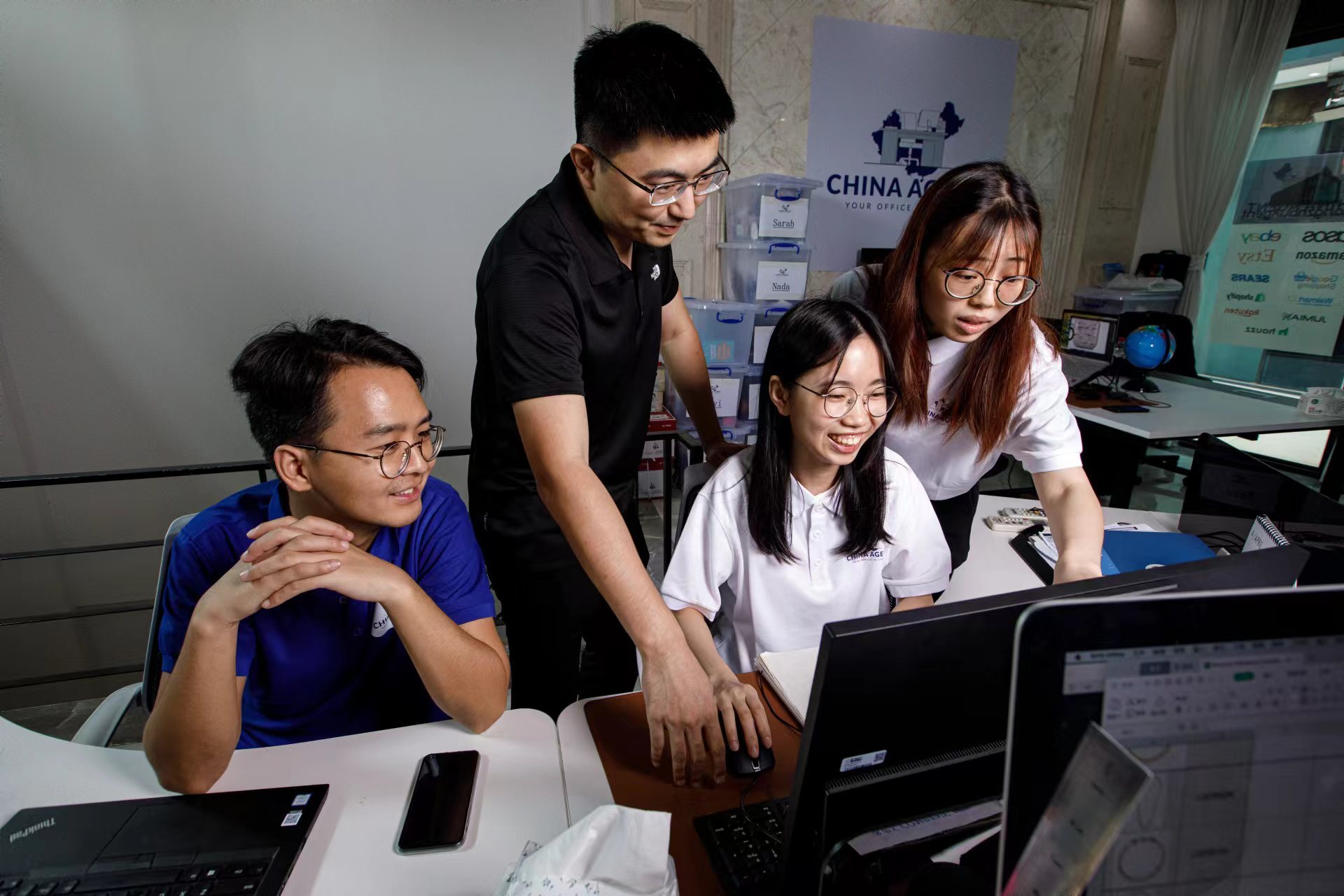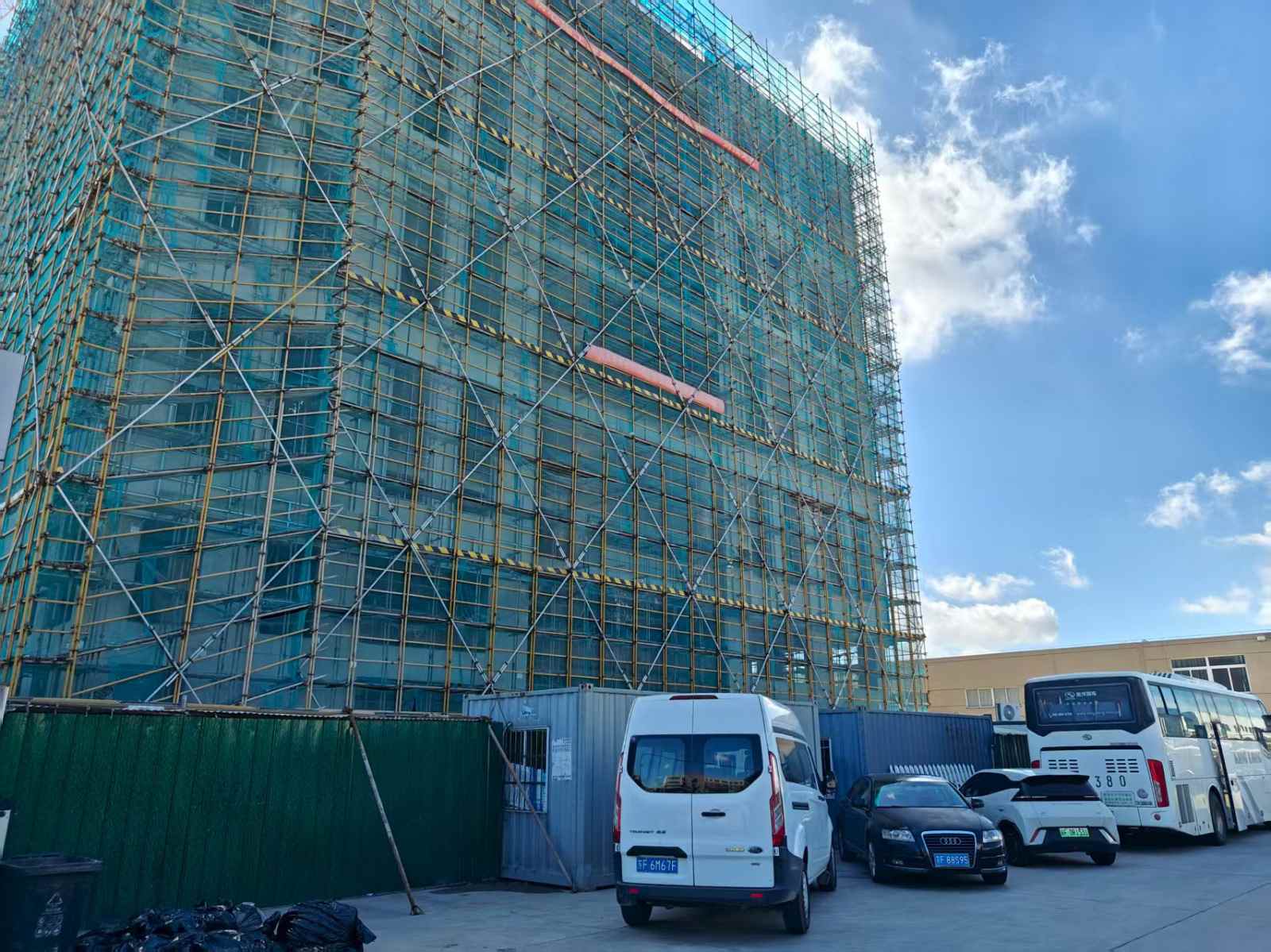How to Check if a China Company Is Legit (Beyond the Business License)
Most buyers make the same mistake:
They think a Chinese business license means the company is legit.
It doesn’t.
Every scammer in China has a perfect business license.
Every trading company pretending to be a factory has a perfect business license.
Factories with no capacity, no workers, and no legal accountability also have perfect business licenses.
That piece of paper is the easiest thing in China to fake your way around.
The real verification happens somewhere else:
On the ground, in the factory, inside the documents they don’t send you.
Let’s walk through what actually matters.
1. A business license tells you almost nothing
Buyers love business licenses because they feel official.
Red stamp. Chinese characters. QR code.
Feels like proof.
It isn’t.
Here’s what a business license does tell you:
- A company name
- A registration number
- An address
- A legal representative
- A business scope
- A date of registration
Here’s what it absolutely does not tell you:
- If the company is a factory or a trading shell
- If production actually happens at the listed address
- If the owner is real or borrowed
- If the company has export permission
- If the license matches the bank account
- If tax status is healthy
- If they are in litigation right now
You can have a clean license and still not exist in the real world.
Think of a business license as a driver’s license:
You can still be a terrible driver.
2. The address is the first real red flag
One of the biggest tricks in China is this:
The address is real — the factory isn’t.
Here are the most common traps:
1. Registered address = office building
Legit companies have this too.
Factories don’t.
2. Registered address = empty industrial zone
The company exists on paper only.
3. Registered address ≠ actual factory location
This is the most common one.
If the business license says Shenzhen,
and the “factory tour” is suddenly in Dongguan,
you’re dealing with a trading company 99% of the time.
Factories don’t hide their address.
Traders do.
3. Online checks don’t prove legitimacy
Buyers often trust:
- Alibaba badges
- Website photos
- ISO certificates
- Social media
- Video tours
- Google Maps
- “Factory girl sending you a selfie from the floor”
Every one of these can be faked in 48 hours.
A trading company can rent a factory for an afternoon, walk you through it on Zoom, and then return the keys by dinner.
You’re not verifying reality — you’re verifying marketing.
4. To know if the company is legit, you need 6 confirmations
This is where real China verification starts.
I’ll break it down the same way we do it inside China Agent’s Factory Reality Check™.
1. Legal Representative Confirmation
Anyone can borrow a business license.
Only one person controls the company: the legal rep.
You need to confirm:
- ID
- Phone number
- Real involvement
- Ability to sign a contract
- Red chop (company seal)
If you can’t reach the legal rep directly, stop everything.
2. SAIC + Tax + Credit Check
China’s internal databases tell you:
- Company credit rating
- Tax situation
- Outstanding penalties
- Suspended operations
- Blacklisted activities
- Ownership history
- Court cases and disputes
If a company looks clean online but dirty in the SAIC system, you’re done.
3. Factory Existence Check
A real factory has:
- Noise
- Machines
- Workers
- Raw materials
- QC areas
- Production lines
- Storage
- Export records
If you walk in and it feels like a showroom, you’re not in a factory.
4. Bank Account Verification
The biggest risk in China is sending money to the wrong entity.
You must check:
- The account name matches the license
- The account type is corporate, not personal
- The contract and account match
- The city of the bank matches the company region
Most fraud happens because buyers skip this step.
5. Export Track Record
A legit exporter can show:
- BLs (Bill of Lading)
- Packing lists
- Photos of past shipments
- Tax rebates
- Customs declarations
A scammer can show none of these.
6. Contract Readiness
A legit supplier:
- Signs Chinese-law contracts
- Accepts penalties
- Accepts inspections
- Accepts jurisdiction in their local court
A trading company pretending to be a factory will avoid this like fire.
This is where most fakes get exposed.
5. The ultimate test: on-site verification
After you check the databases and paperwork, you need to see the truth yourself — or have someone inside China do it.
The three things that cannot be faked:
1. The building
Real factories have a specific feel:
Guardhouse, loading dock, smell, activity.
2. The production lines
Machines don’t lie.
Workers don’t lie.
Capacity doesn’t lie.
3. The boss
When our team sits across from the factory owner and asks real questions, the truth reveals itself quickly.
Scammers can fake documents.
They cannot fake being a factory.
6. Why most buyers still get it wrong
Because they verify like tourists, not like locals.
They ask the supplier for documents.
The supplier sends whatever makes them look good.
Everyone smiles.
Money flies.
Problems arrive.
Legitimacy isn’t something the supplier tells you.
It’s something you inspect.
The difference between being protected and being burned is simple:
Do you verify reality, or do you verify what the supplier wants you to see?
Final Takeaway
If you want to know if a China company is legit, forget the online steps.
Forget Alibaba badges.
Forget business licenses.
Forget Zoom tours.
Real legitimacy comes from:
- Real Owner
- Real capacity
- Real documents
- Real people
- Real factories
- Real legal enforceability
If you verify from overseas, you’re guessing.
If you verify from inside China, you’re protected.




